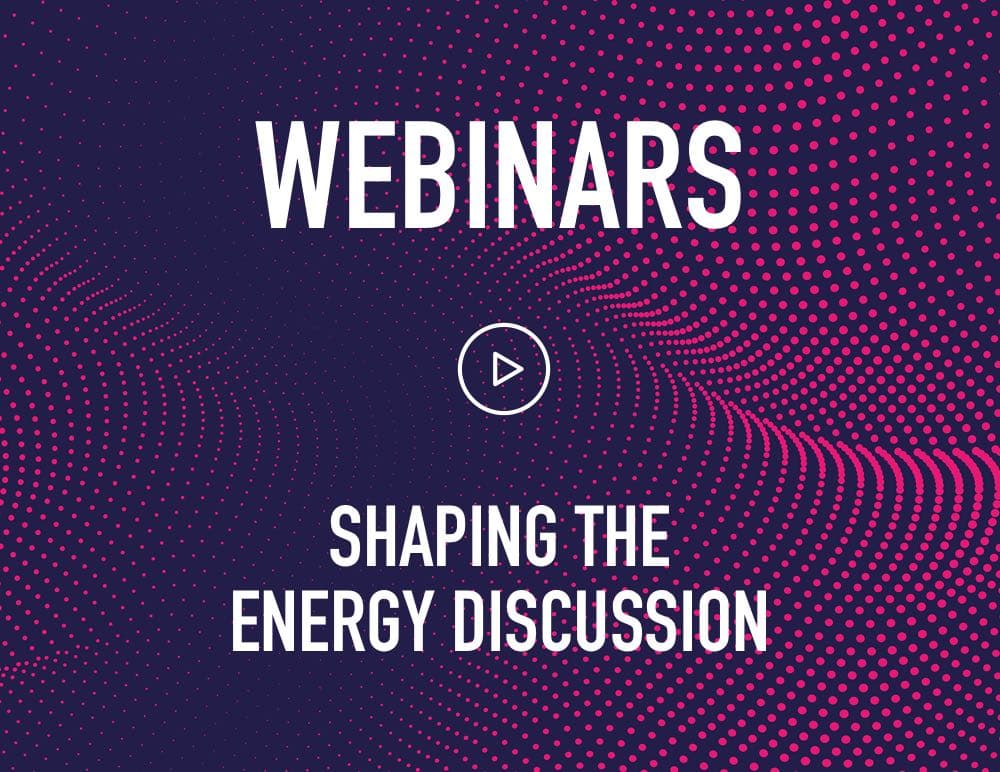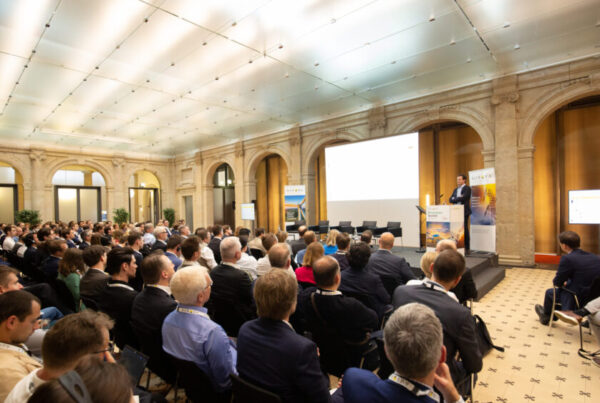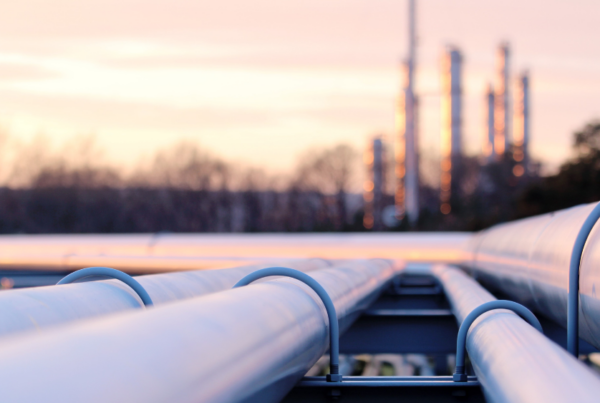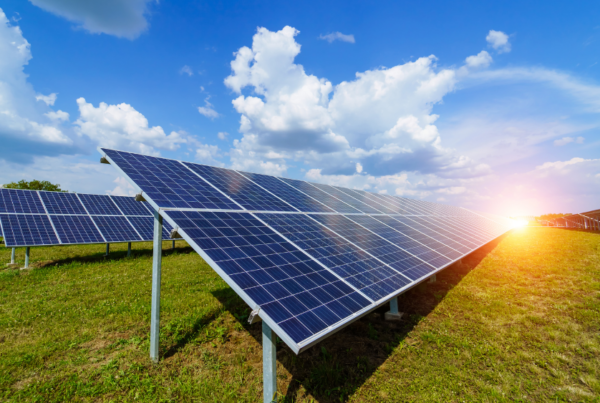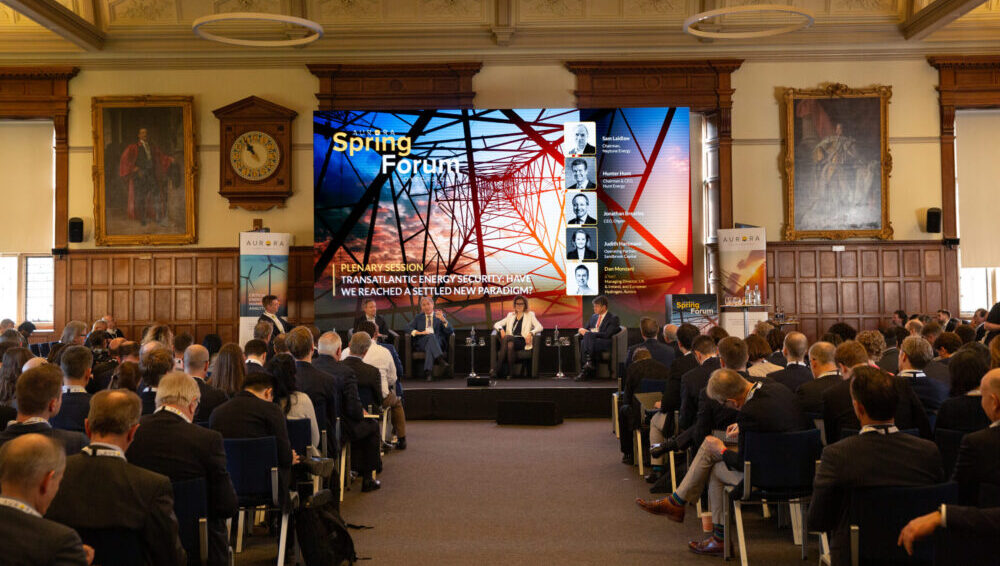
- The 10th Aurora Spring Forum, attracting more than 400 attendees, served as a catalyst for collaboration, fostering dialogue among energy industry stakeholders with the aim of driving tangible progress.
- Power demand and supply bottlenecks in the current infrastructure were among the key topics discussed. Grid challenges emerged as a critical focal point, emphasising the need for innovative solutions to ensure efficient energy distribution.
- Notable resilience was observed in the market despite challenges, with a staggering surge in renewable investments exceeding 100 billion € in 2023 alone.
OXFORD (AURORA ENERGY RESEARCH)—The 10th Aurora Spring Forum was successfully concluded in Oxford last week, cementing its position as the leading event for energy industry leaders and experts. With over 400 attendees, the Forum served as a platform for robust discussions on critical topics including power demand-supply dynamics, grid connection challenges, sector resilience strategies, investment potential, and beyond. Here are the key insights distilled from the event.
Power demand expected to double by 2050
The anticipated growth in power demand is significant, with projections indicating a doubling by 2050. Concurrently, new wind and solar capacity will be dispersed throughout the United Kingdom. Keynote speaker John Pettigrew, CEO of National Grid, advocated for the necessity of an ultra-high voltage “super-supergrid” to effectively address the UK’s long-term electricity requirements.
European and American markets remain resilient
Against the backdrop of geopolitical shifts, the resilience of American and European energy markets is noteworthy. Strategies such as increased imports of liquefied natural gas (LNG) have helped mitigate disruptions, underlining the importance of adaptable supply chains in navigating turbulent global dynamics. Attention was also drawn to China’s role in the supply chain, emphasising the need for diversification and resilience strategies in the face of evolving geopolitical dynamics.
Monumental surge in renewable investment
Europe has witnessed a monumental surge in renewable investment, surpassing 100 billion € in 2023 alone. In his keynote, Richard Howard, Global Research Director of Aurora Energy Research, talked about the increasingly global nature of these investments, emphasising the need for competitive and transparent markets to attract overseas capital. Despite recent rises in CAPEX, long-term trends indicate remarkable declines in costs for photovoltaic (PV) and battery technologies.
As for the avoided carbon from investments in renewables, financiers are increasingly looking to quantify as Europe advances towards its decarbonisation goals. The Marginal Avoided Carbon (MAC) of renewables is projected to halve by 2030 in Great Britain as the power system decarbonises. Site-specific factors play a crucial role in influencing MAC, with renewables ideally located in areas uncorrelated with existing fleets to maximise lifetime carbon savings. Solar PV emerges as a frontrunner in MAC compared to wind energy, with location further impacting MAC rates.
Grid challenges persist
In the context of grid challenges in Europe’s pursuit of Net Zero, during her keynote speech Ana Isabel Barillas, Managing Director, Iberia & LATAM, Aurora Energy Research, revealed that a staggering € 850 billion required to upgrade grids in order to integrate renewable generation between now and 2030. If renewable targets are to be met, € 142 billion of investment is required in grids every year, more than double the € 66 billion that was invested in 2022.
In 2023, 30 TWh of generation were lost across 6 countries in Europe due to grid curtailment, coming at a cost of over 9 billion €. This number would be significantly higher if the information was readily available for all countries in Europe. Further, around 900 GW of renewable capacity is stuck in a grid connection queue across Europe, which is more than the 751 GW of new capacity necessary to make EU capacity targets. In GB only, the grid connection queue is growing by 1GW a day, a panel discussion focused on resolving Europe’s grid congestion challenge added.
As renewables continue to gain competitiveness, managing demand and alleviating congestion emerge as critical imperatives for sustainable energy transition. The EU’s recommendations to tackle these problems include: disincentivising speculative grid applications, ensuring system operators assess energy system needs holistically, and stopping TSOs from offering non-firm connections.
Hydrogen’s role pivotal
In 2024, hydrogen emerges as a pivotal energy resource. The primary challenge lies in uncertainty regarding off-takers, with capability outweighing willingness. Expanding hydrogen applications bolsters demand, though transportation remains a key hurdle, particularly in specific locations. To address risk, a shift towards sustainable, long-term efforts is proposed, leveraging sector-specific quotas to drive ambition. Accepting risk as inherent to growth, the industry embraces its evolving landscape.
Overall, the Forum stressed the need for a clearer roadmap in the GB market to enhance investor confidence in future renewable auctions. Despite obstacles such as high capital costs and regulatory complexities, investment in renewable energy remains viable. While meeting European 2030 capacity targets may present challenges, the industry’s collective ambition signals promising progress towards a more sustainable future.
Ana Isabel Barillas, Managing Director, Iberia & LATAM, Aurora Energy Research, commented:
“As always, the Aurora Spring Forum allowed key executives and thought leaders in the energy industry a space to discuss and debate the key issues affecting the energy transition. I was particularly struck by how grids have become so central to the debate, and how much agreement there is on the scale of the challenge and the need for immediate and wholescale reform to how we think about investments in both distribution and transmission grids across Europe, as well as the management of grid connection queues across Europe.
“Challenges such as supply chain constraints, availability and cost of capital, and the pace of permitting and development are shared barriers to both grid and renewable investment. However, it’s the conventional regulatory frameworks governing grid development that pose a significant challenge going forward. As we pivot towards an era dominated by renewable energy, these frameworks must evolve to anticipate and accommodate the substantial influx of renewables needed to reach Net Zero targets in Europe.”
– ENDS –
MEDIA CONTACT
Zina Fragkiadaki, Press Officer
zinovia.fragkiadaki@auroraer.com
ABOUT AURORA ENERGY RESEARCH
Established in 2013, Aurora Energy Research is a leading global provider of power market forecasting and analytics for critical investment and financing decisions. Headquartered in Oxford, we operate out of 14 offices worldwide covering Europe, North & South America, Asia, and Australia.
Our comprehensive services include market outlook packages for energy industry participants, advisory support, and innovative software solutions. We foster diversity with a team of over 600 experts with backgrounds in energy, finance, and consulting, offering unparalleled expertise across power, renewables, storage, hydrogen, carbon, and fossil commodities. Our mission is to ease the global energy transition through widely trusted quantitative analysis and high-quality decision support.

